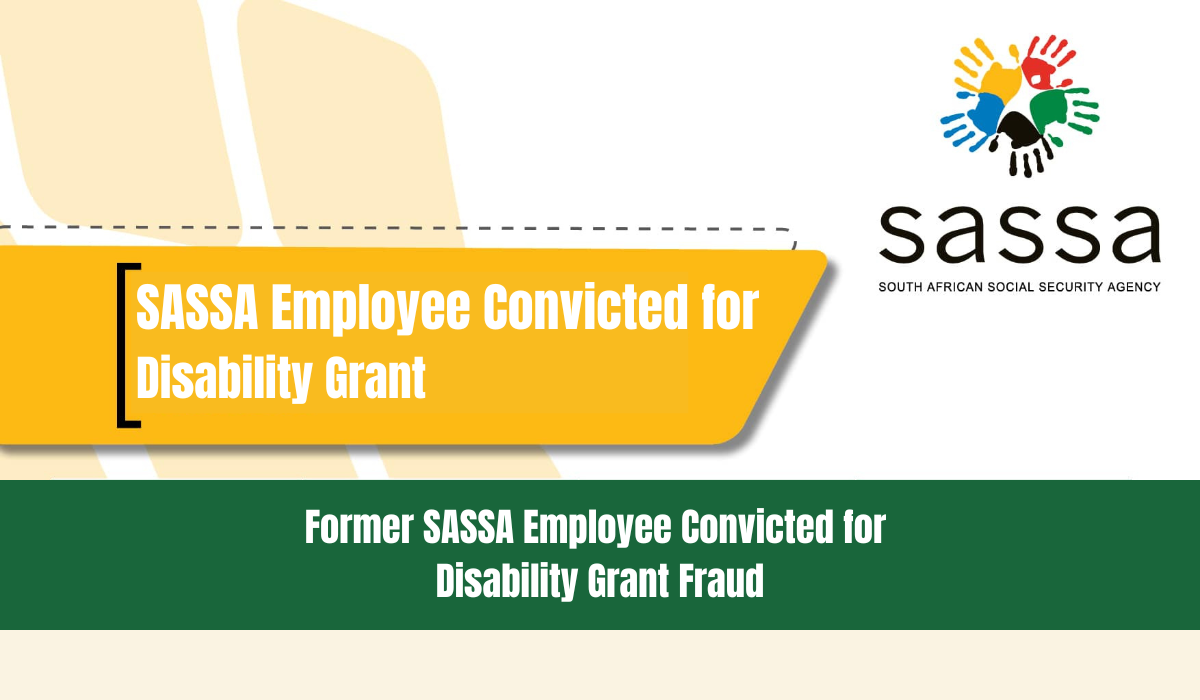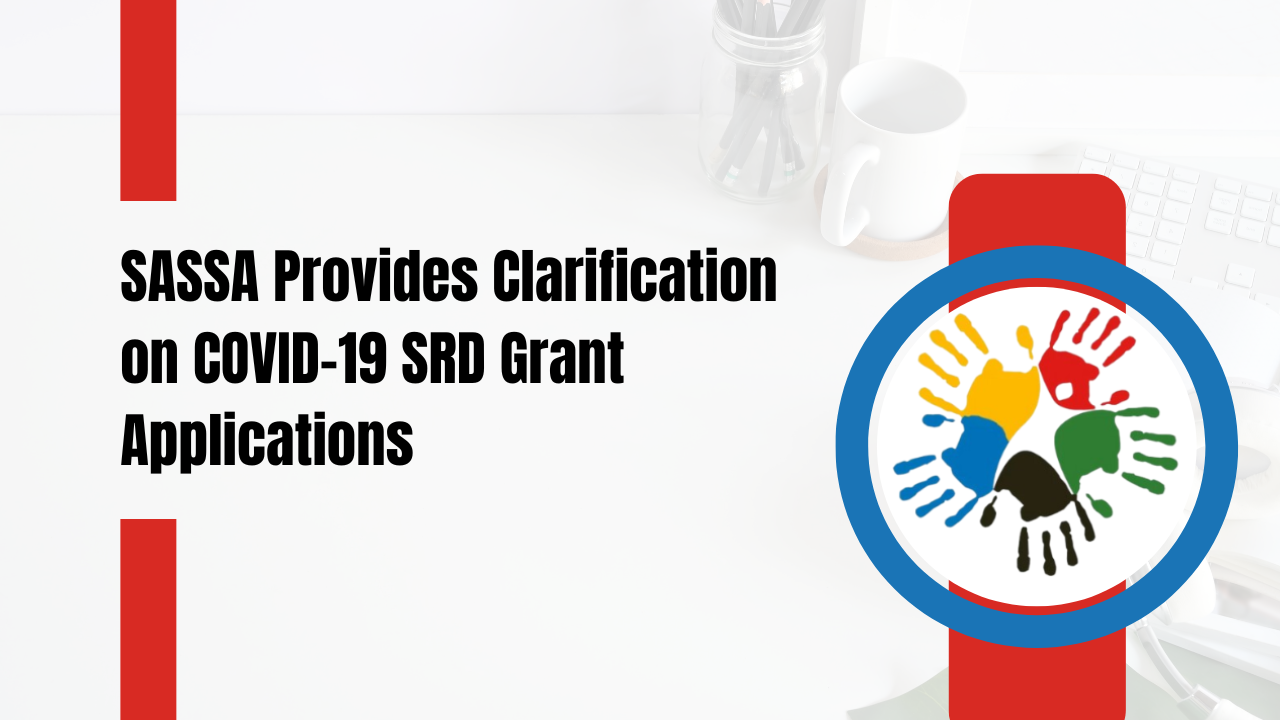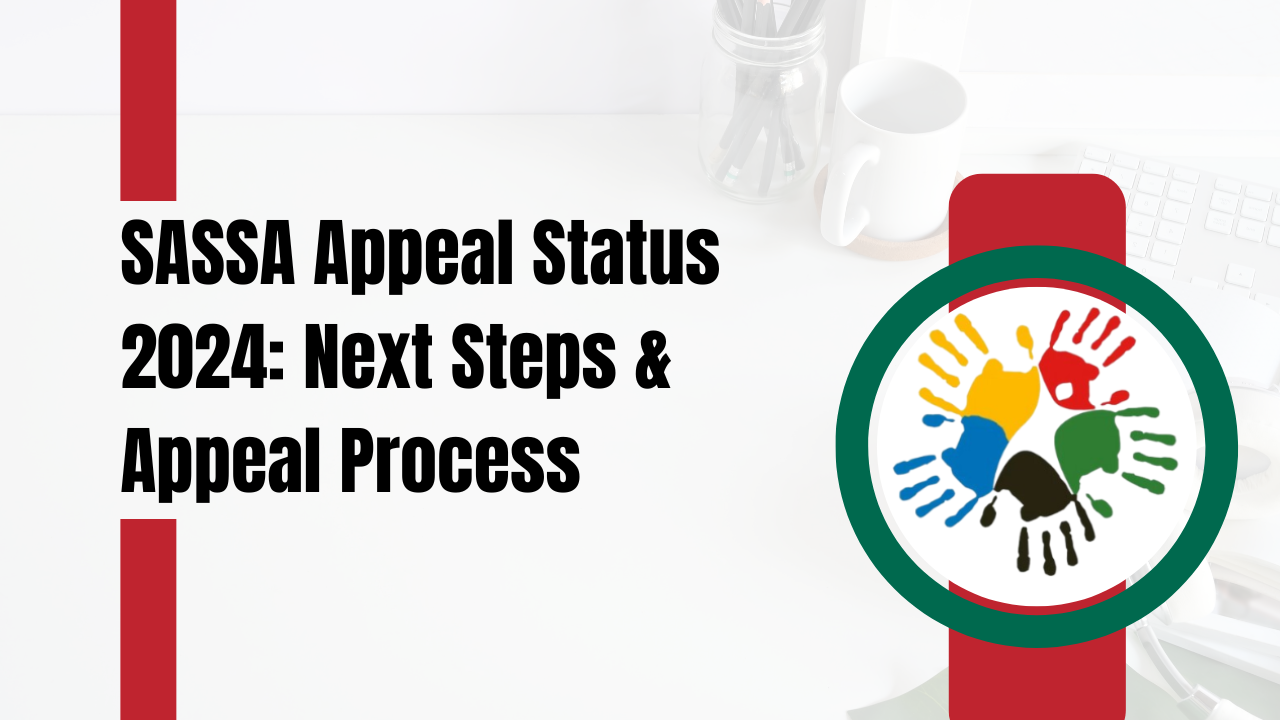Former SASSA Employee Convicted for Disability Grant Fraud. In a significant case highlighting corruption within the South African Social Security Agency (SASSA), former employee Mathenjwa has been convicted of extensive disability grant fraud. The case underscores the need for stringent oversight and accountability within government agencies tasked with distributing social assistance.
Former SASSA Employee Convicted for Disability Grant Fraud
Mathenjwa, a former SASSA employee, was implicated in a fraudulent scheme involving disability grants. According to the charges, Mathenjwa abused her position to apply for and approve disability grants for an individual whom she claimed as her boyfriend. This fraudulent activity began in July 2009 and continued until May 2018. During this period, Mathenjwa manipulated the system to ensure that the disability grant payments were issued to her alleged partner.
Investigation and Arrest
The fraudulent activities came to light through an investigation conducted by law enforcement agencies. Mathenjwa was arrested on March 30, 2023, following a thorough inquiry into the irregularities in grant approvals and payments. The investigation revealed that Mathenjwa had exploited her role to divert funds meant for genuinely deserving beneficiaries.
Court Proceedings
After her arrest, Mathenjwa faced a series of legal proceedings. On Friday, July 26, 2024, the court delivered its verdict, convicting her on 108 counts of fraud. The sentencing reflects the severity of her crimes and serves as a deterrent against similar fraudulent activities within public service institutions.
Impact and Implications
Mathenjwa’s conviction highlights several critical issues. Firstly, it exposes vulnerabilities in the SASSA grant approval process, stressing the need for improved monitoring and auditing to prevent such abuses. Secondly, it emphasizes the importance of maintaining ethical standards and accountability among public servants entrusted with managing social grants.
The case serves as a reminder of the broader implications of fraud in social security systems, where misuse of funds can undermine trust in public institutions and deprive vulnerable individuals of the support they genuinely need.
Conclusion
The conviction of Mathenjwa is a crucial step in addressing and mitigating fraud within social security systems. It underscores the necessity for rigorous checks and balances to protect public resources and ensure that aid reaches its intended recipients. As SASSA and other similar agencies continue to evolve, reinforcing mechanisms to detect and prevent fraudulent activities will be essential in upholding the integrity of social assistance programs.










